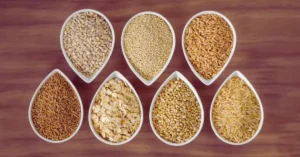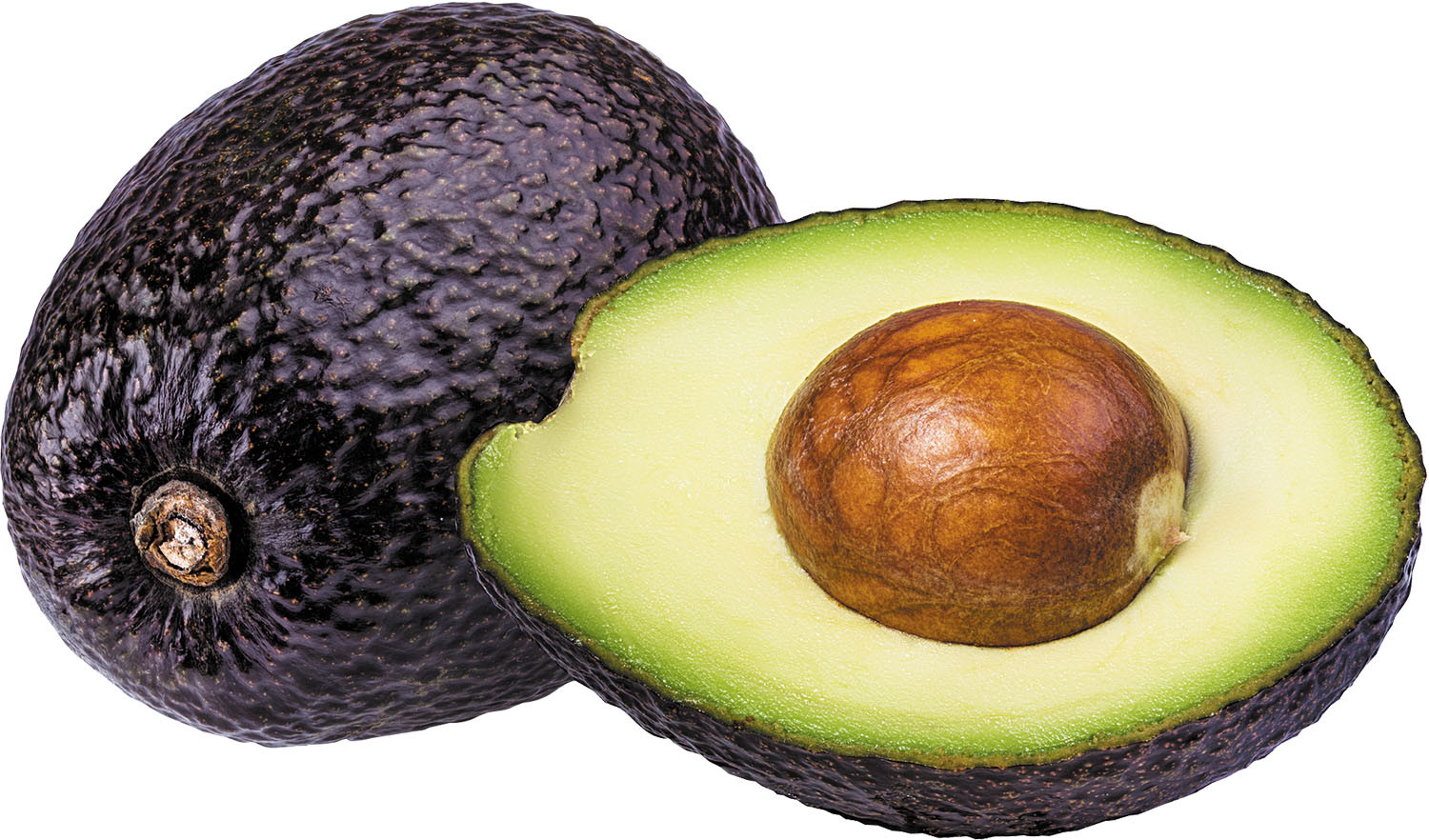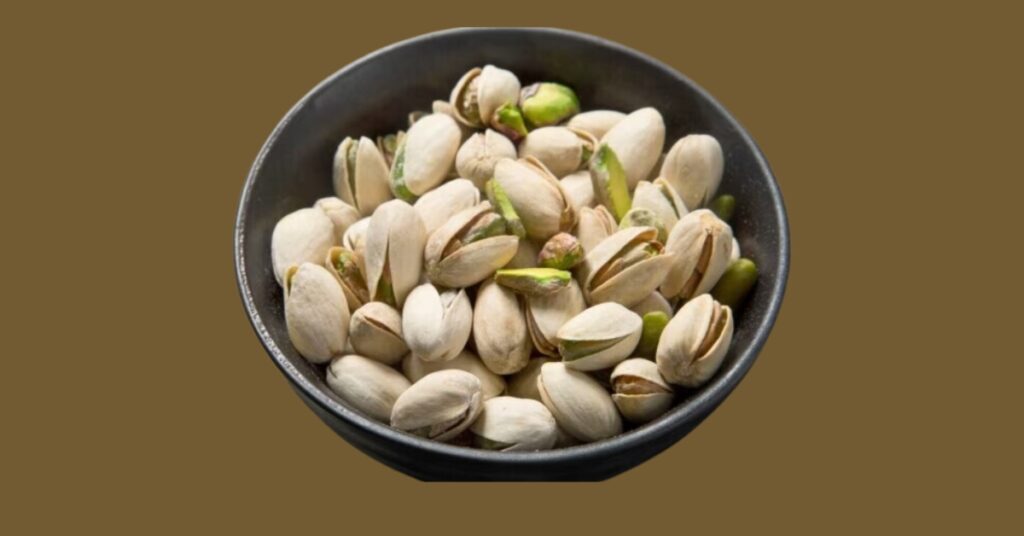Cardiovascular health is a critical aspect of overall well-being, and diet plays a significant role. Understanding which foods benefit your heart can make a world of difference. This article provides insights into heart-healthy foods and diet practices that can lead you to a healthier life.
The Importance of Heart-Healthy Foods
A heart-healthy diet involves more than just avoiding unhealthy foods; it’s a proactive approach to nourishing your body. This diet focuses on foods that provide essential nutrients, support healthy blood flow, and reduce the risk of heart disease.
Top Heart-Healthy Foods
Leafy Green Vegetables

- Spinach, kale, and collard greens are powerhouses of vitamins, minerals, and antioxidants. They contribute to arterial health due to their high vitamin K content, and the dietary nitrates found in these greens help reduce blood pressure and arterial stiffness.
Whole Grains

- Oats, brown rice, and quinoa offer substantial fibre crucial in cholesterol management. They aid in reducing LDL (bad) cholesterol and maintain a healthy digestive system, which is vital for cardiovascular health.
Berries

- Packed with antioxidants, strawberries, blueberries, and raspberries combat oxidative stress and inflammation, both culprits in heart disease. Their high fibre content also contributes to cholesterol management.
Avocados

- Avocados are a source of heart-healthy monounsaturated fats, which have been linked to reduced cholesterol levels and a lower risk of heart disease. They also provide potassium, which is critical in blood pressure regulation.
Fatty Fish

- Salmon, mackerel, and sardines are rich in omega-3 fatty acids, essential for heart health. These fats are known for decreasing triglycerides, lowering blood pressure, and reducing inflammation.
Nuts and Seeds

- Almonds, walnuts, and flaxseeds are nutrient-dense and provide healthy fats and fibre, playing a role in cholesterol management and overall heart health.
Heart-Healthy Diet Tips
- Limit Salt and Sugar: High salt and sugar intake can lead to hypertension and other heart health issues.
- Watch Saturated and Trans Fats: These fats can increase your risk of heart disease by raising your cholesterol levels.
- Diverse Diet: Incorporating various foods ensures a balanced intake of essential nutrients.
- Mindful Eating: Paying attention to portion sizes helps prevent overeating and weight gain, reducing heart strain.
- Hydration: Drinking enough water is crucial for maintaining overall health, including heart health.
Pros and Cons of a Heart-Healthy Diet
Pros:
- Reduces Risk of Heart Disease: A heart-healthy diet can lower the risk of developing heart-related illnesses.
- Improves Overall Health: This diet benefits overall health, including weight management and blood pressure regulation.
- Enhances Longevity: A balanced diet is critical to a longer, healthier life.
Cons:
- Dietary Restrictions: Some may find the limitations on salt, sugar, and certain fats challenging.
- Time and Knowledge: Preparing heart-healthy meals may require additional time and understanding of nutrition.
FAQs about Heart-Healthy Foods
Q: Are all fats bad for heart health?
A: No, not all fats are bad. Unsaturated fats in foods like avocados, nuts, and fish are beneficial for heart health.
Q: Can a heart-healthy diet help if I already have heart disease?
A: A heart-healthy diet can be part of the management and treatment plan for those with heart disease. It can help in controlling cholesterol and blood pressure levels.
Q: Is it expensive to follow a heart-healthy diet?
A: A heart-healthy diet can be budget-friendly. Focus on whole foods like grains, fruits, and vegetables, which are cost-effective and nutritious.
Q: Can a heart-healthy diet aid in weight loss?
A: A heart-healthy diet often includes nutrient-dense, low-calorie foods that can help in weight management. By focusing on whole grains, lean proteins, and various fruits and vegetables, you can reduce calorie intake while still feeling satiated.
Q: Are there any heart-healthy diet plans I can follow?
A: Yes, there are several well-established diet plans known for promoting heart health. The DASH (Dietary Approaches to Stop Hypertension) and Mediterranean diets are famous examples. Both emphasize fruits, vegetables, whole grains, and lean proteins.
Q: How quickly can I see the benefits of a heart-healthy diet?
A: The benefits of a heart-healthy diet can manifest in as little as a few weeks, especially in improved blood pressure and cholesterol levels. However, the long-term benefits, like reduced risk of heart disease, are more gradual and depend on consistent dietary habits.
Q: Is it okay to have cheat days on a heart-healthy diet?
A: Moderation is key. Few luxuries won’t derail a heart-healthy diet. However, frequent high intake of unhealthy foods like those high in saturated fats, trans fats, or added sugars can negate the diet’s benefits.
Q: Can a vegetarian or vegan diet be heart-healthy?
A: Absolutely. Vegetarian and vegan diets can be heart-healthy, as they typically include plenty of fruits, vegetables, whole grains, and plant-based proteins. However, it’s vital to ensure you’re getting enough essential nutrients like vitamin B12, iron, and omega-3 fatty acids commonly found in animal products.
Q: Should I avoid all types of cholesterol in my diet?
A: Not necessarily. Dietary cholesterol has a less significant effect on blood cholesterol levels than previously thought. Focus more on reducing the intake of saturated and trans fats. However, individuals with certain health conditions may still need to monitor their dietary cholesterol.
Q: How does alcohol consumption fit into a heart-healthy diet?
A: Average alcohol consumption can be part of a heart-healthy diet for some individuals. However, excessive drinking can have adverse effects on heart health. It’s essential to consult with a healthcare provider about what’s appropriate for your specific health situation.
Q: Can children and teenagers follow a heart-healthy diet?
A: Instilling heart-healthy eating habits from a young age is beneficial. However, the dietary needs of children and teenagers differ from adults, so it’s essential to ensure they get sufficient calories and a balanced intake of all nutrients for their growth and development.
Q: Is it necessary to take supplements on a heart-healthy diet?
A: In most cases, a heart-healthy diet can provide all the necessary nutrients without needing supplements. However, some individuals may require accessories due to specific health needs or dietary restrictions. It’s best to consult with a healthcare provider before starting any supplement regimen.
Q: How does physical activity complement a heart-healthy diet?
A: Regular physical activity is a cornerstone of heart health, working synergistically with a healthy diet. Exercise helps improve cardiovascular fitness, manage weight, and reduce the risk of chronic diseases like hypertension and diabetes.
Conclusion
Embracing a heart-healthy diet is a vital step toward a long and healthy life. Alongside regular physical activity, such a diet can significantly reduce the risk of heart disease.


